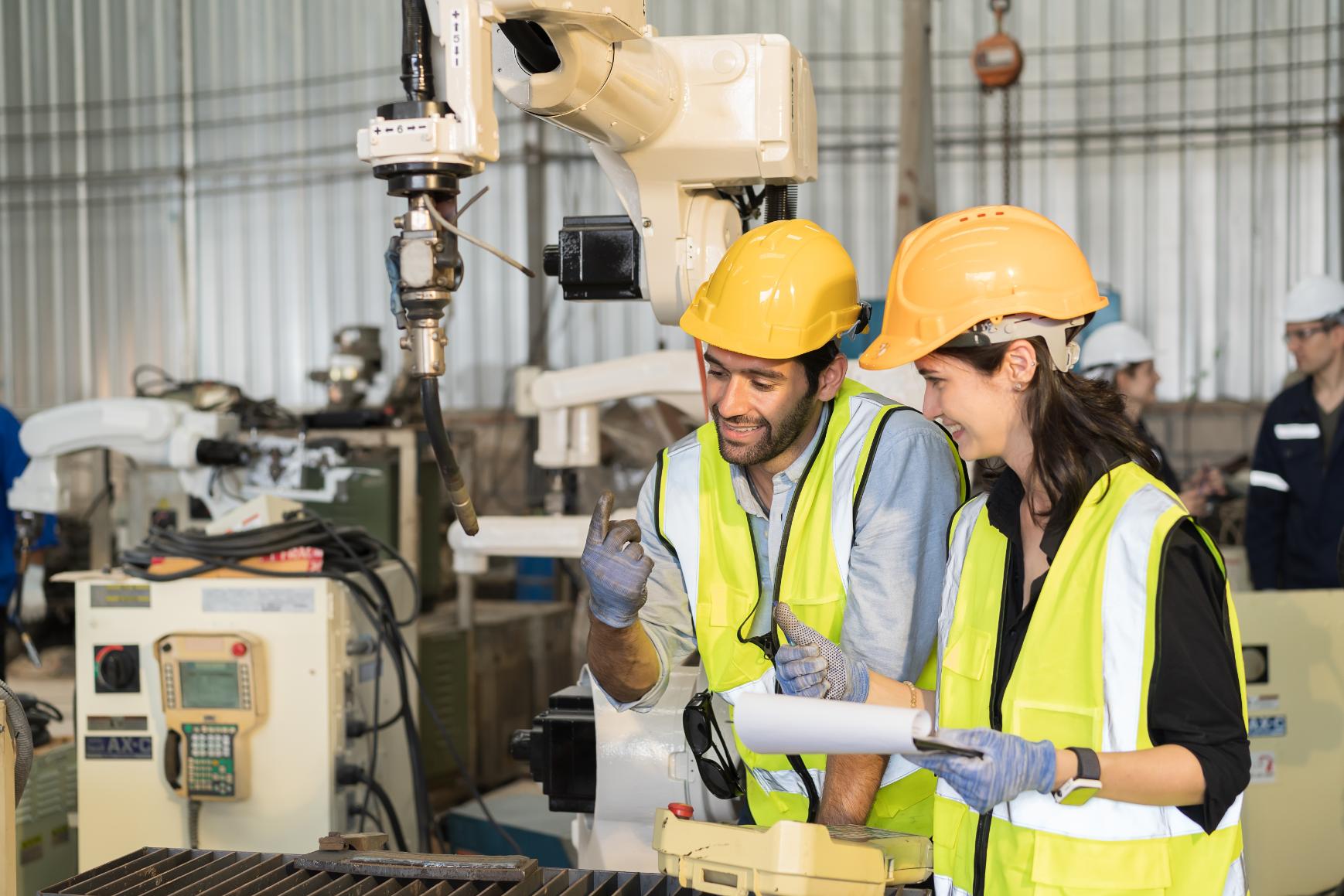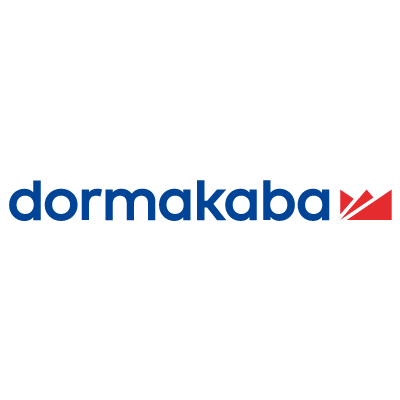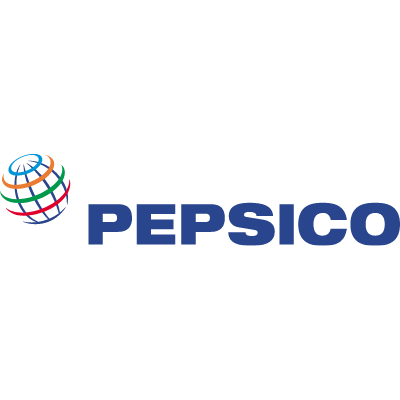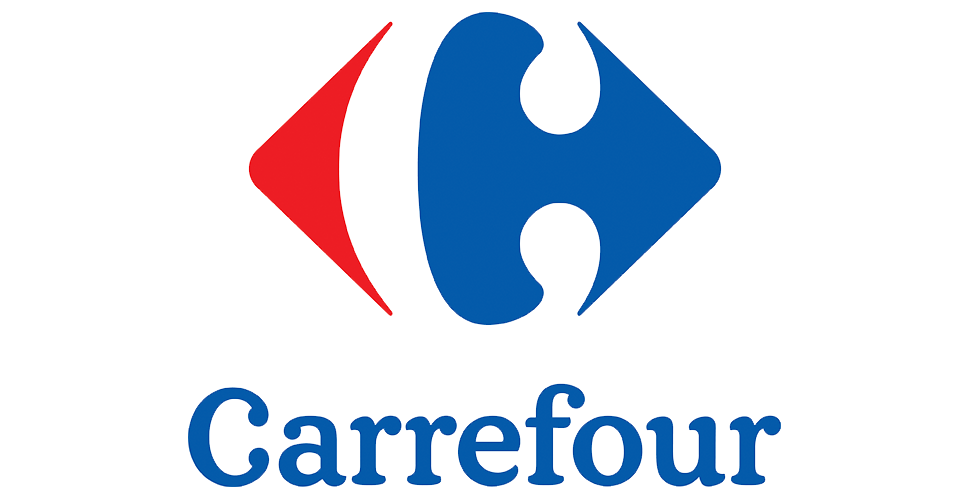With extensive, complex documentation, effective knowledge management becomes a challenge in enterprises. Therefore, we built a solution powered by artificial intelligence that can make the entire process more effective and intuitive, allowing users to harness all the knowledge accumulated in their organizations. This article describes how our generative AI knowledge management solution works, its features, benefits, and potential areas of use.
Knowledge management challenges in enterprises
Before we dive into the technical details of our AI-powered solution, let us look at the specific challenges enterprises face when it comes to knowledge management.
#1 Extensive documentation
Every company produces a substantial volume of documents covering various aspects of their daily operations, such as production, customer support, legal matters, HR, sales, marketing, etc. Over time and as the company grows, these documents become increasingly complex and numerous. This is especially true for companies in the manufacturing industry that need to document all processes and even the smallest of product changes. Additionally, adding new products means adding new documentation covering their technical specification, maintenance manuals, instruction for users, and much more. At some point, nobody is even able to get a grip on all these documents and their versions. In enterprises with branches, the situation literally becomes a Gordian knot that nobody dares to cut through.
#2 Complex internal processes
Documentation that is extensive and scattered across different systems also impacts internal processes. Due to limited access to knowledge, sales, maintenance, and production processes take more time. Imagine a production employee needing to check multiple sources for a single task at the production line. Or a maintenance technician who needs to consult different technical manuals before doing any repairs.
#3 Tedious searches for information
In the sea of documents, looking for specific information can become a nightmare. It is even worse if there are many unconnected knowledge databases you need to search to find what you need to perform a specific task. Just imagine all this frustration, lots of manual work, and time wasted on looking for knowledge hidden in a digital pile of documents.
#4 Steep learning curve
For new employees, especially in enterprises, the first months are difficult, as they need to digest massive amounts of information about the company, its products or services, and internal processes. If the knowledge base is extensive and poorly managed, the entire on-boarding process takes much longer and is less effective. As a result, the company needs to invest more in training new employees before they become fully operational.
#5 Limited access to organizational knowledge
Company documentation can be difficult to navigate, often being scattered across multiple unconnected systems. This results in limited access to the company’s knowledge, which in turn leads to lower efficiency and performance of its employees. If it is true that knowledge is power, it is important to make it accessible to everyone that needs it.
Read more on new disruptive technologies:
Is ChatGPT dreaming of conquering the world? Generative AI in business
The power of generative AI at your fingertips—Azure OpenAI Service
Unleash your superpowers with new Power Platform AI capabilities
How to build a blockchain app for tracking of manufactured parts
Blockchain for business—a gentle introduction
Is blockchain in supply chain management a real disruption or just hype?
Business process optimization in the pharmaceutical industry in 2024—7 practical use cases
Harnessing the power of AI for knowledge management
These challenges seemed to us an ideal business use case for utilizing the AI capabilities (including natural language processing) offered by Azure AI Services combined with the power of the large language models available in Azure OpenAI service. In our knowledge management solution, we used the Retrieval-Augmented Generation (RAG) mechanism that enhances the capabilities of generative language models by combining them with a retrieval component. In this approach, the GenAI model accesses a database of documents to find relevant information that is subsequently used to generate answers. To put it simply, we built an AI-powered solution so you can upload large sets of documents and ask natural-language questions about their content using a chatbot interface. In this way, you can search large, dispersed sets of data to find precise answers to your queries, including very complex ones (see Figure 1).
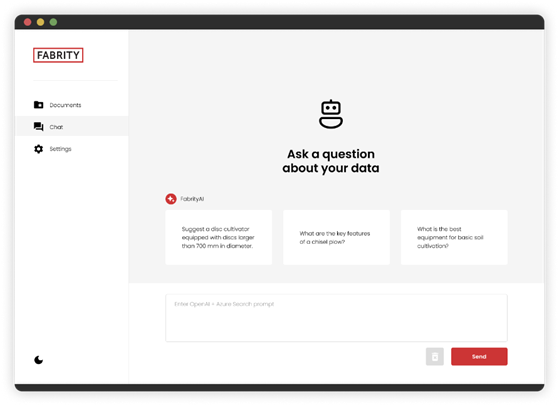
Fig. 1 Enterprise-grade platform for knowledge management based on AI
Confidentiality and no hallucinations
But what about data confidentiality? How can I be sure, you might ask, that my data used to train the model will not be available to other users? The answer is simple. Since our solution is built on the Azure infrastructure, it has the same enterprise-grade security as the Azure platform itself. Your data is securely stored within the Azure infrastructure, without reliance on external services. It will also be used only within your own models, which no other Azure user will have access to.
Still, ChatGPT is known to hallucinate answers that are simply not true. What about that? We dealt with this caveat too.
Our solution consistently provides answers grounded in real knowledge. If the question is beyond the scope of the data used to train the model, unlike ChatGPT, it does not try to guess the answer but informs the user that the answer cannot be found in the documents provided. ChatGPT or other generative AI solutions (like, for example, Google’s Bard) are stochastic models, which means that they try to generate the most probable answer to the questions asked based on the training data. The most probable does not necessarily mean the correct answer. In contrast, our solution knows the boundaries of its knowledge, which is based on the company’s documentation. It will not try to give you an answer that cannot be found in the documents used to build the solution (see Figure 2).
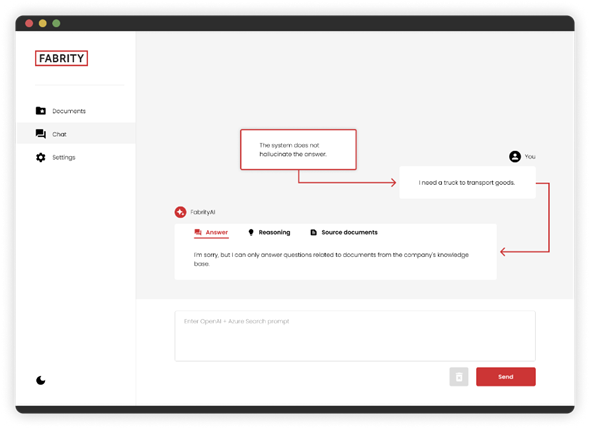
Fig. 2 Only correct answers grounded in real knowledge
As you can see, our solution removes the two main hurdles in adopting GenAI technology in a business context: data confidentiality and hallucinations. Your data is securely stored within the Azure infrastructure, without reliance on external services, and the answers provided are based on verified knowledge, without hallucinations.
AI-powered solution for knowledge management—features
Let us unbox our solution.
Based on real knowledge
We developed the solution by leveraging the company’s documentation to ensure the knowledge provided is both reliable and trustworthy. The AI capabilities available on the Azure platform allowed us to index all uploaded documents and search them for answers. In this way, you can be sure that the answers provided are accurate and based on verified sources.
Reasoning under the hood
Unlike ChatGPT, where you are not able to verify how the answer was generated, our solution shows the reasoning behind every answer (see Figure 3). You can check what documents were used, and why. Additionally, you get the links to the source documents, so that you can verify the answer provided for yourself.
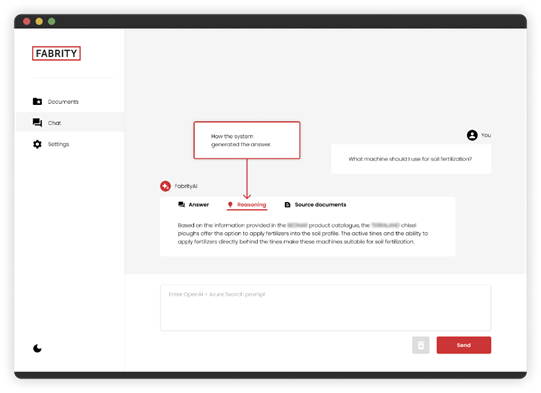
Fig. 3 Reasoning behind every answer
True intelligence
Our solution not only understands your questions but also proposes follow-up questions allowing you to deepen your knowledge on a specific topic (see Figure 4).
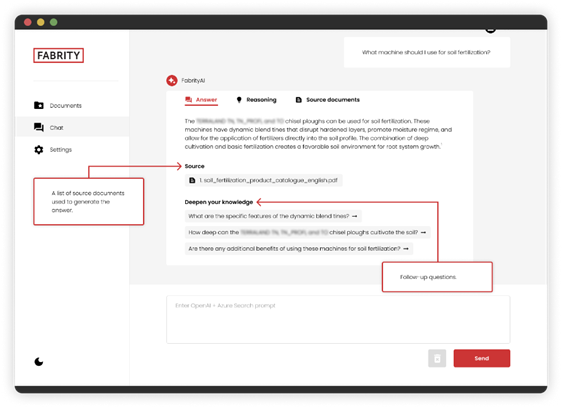
Fig. 4 Proposing follow-up questions
Thanks to the power of large language models, our solution can understand even the most uncommon user queries. We tested it when building a demo for an agricultural machinery manufacturer. As source documents, we used their product catalogs, which contain, among other machinery, plows for tractors. Of course, plows are no longer pulled by horses. But we wanted to challenge our solution and asked if there are any plows in the range dedicated for horses. The answer was incredible! The AI-powered solution answered that no document explicitly mentions the compatibility of the plows with horses! This clearly shows that it understood the question and tried to find the answer in its database. Since it was not there, the solution admitted it and did not try to hallucinate the answer (see Figure 5).
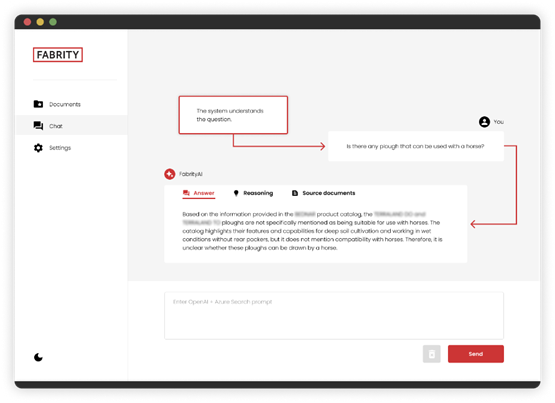
Fig. 5 Challenging the solution with an uncommon question
Multiplatform use
Our solution can be used on every device type, including desktop, mobile, and tablets. For mobile devices and tablets, remote access would be a significant help for field workers, e.g., salesmen traveling to meet clients or maintenance technicians doing repairs. They could have all the knowledge they need at their fingertips.
Communication in any language
Our solution harnesses the power of the LLMs available in Azure OpenAI service, allowing users to ask questions in their preferred language and receive answers in that same language, independent of the source documents’ language. Language barriers are no longer a problem.
The architecture of the knowledge management AI solution
Going into more technical details, here are the components that we used to build our solution. Their relationships are shown in Figure 6, below.
Azure components used to build our AI-powered solution:
- Chatbot APP—a bot service offered by Azure OpenAI.
- Azure Container Apps—a fully managed serverless container service allowing developers to run containerized applications without having to manage the underlying infrastructure.
- Azure OpenAI—a cloud-based service with access to advanced artificial intelligence models developed by OpenAI, including the powerful GPT (Generative Pre-trained Transformer) models, Codex, and others.
- Azure AI Search—a cloud search-as-a-service solution offering advanced search capabilities on large volumes of content in a variety of formats.
- Azure Storage Account—a storage service on the MS Azure platform; in our demo we used Blob storage to store large amounts of unstructured data, i.e., the text from PDFs.
- Azure Functions—a serverless compute service offered by Microsoft Azure that enables you to run small pieces of code, or “functions,” in the cloud without the need to manage a full server or a complete application environment.
- Azure Document Intelligence—an AI service that leverages sophisticated machine learning techniques to meticulously extract text, key-value pairs, tables, and complex structures from documents with high precision. This innovative solution empowers users to transform their documents into actionable data either by utilizing predesigned models or by developing custom models specifically fine-tuned for their unique document types.
- Azure Monitor—a service designed to collect and scrutinize telemetry data from both Azure cloud and on-premises environments. This service aims to bolster performance and uptime by delivering actionable intelligence on users’ applications, infrastructure, and networking.
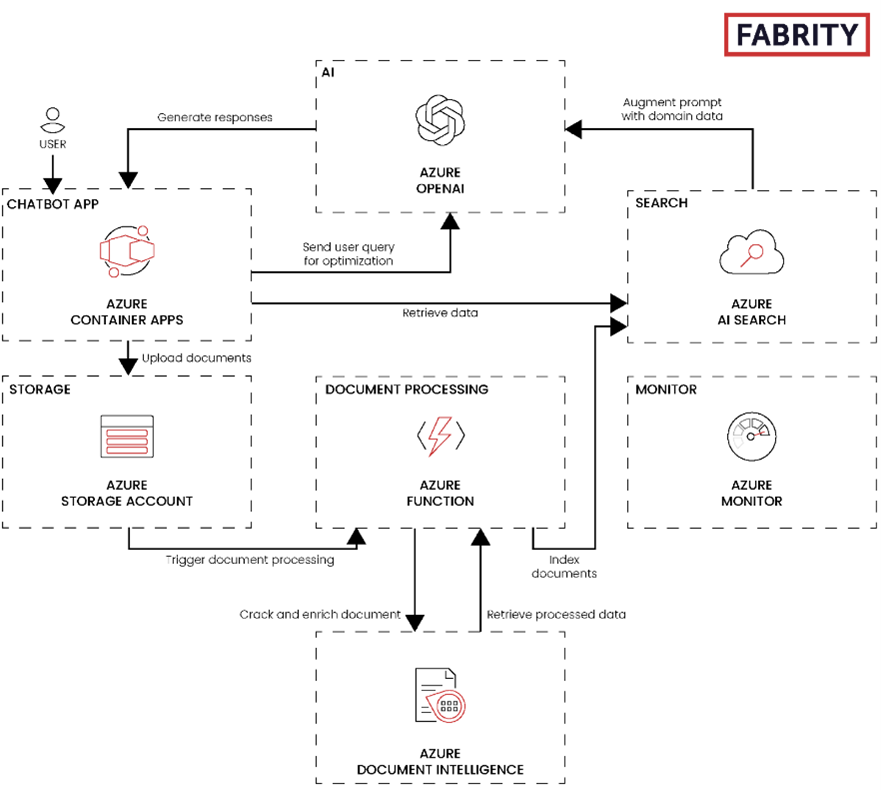
Fig. 6 The architecture of the knowledge management AI solution
Business benefits of generative AI in knowledge management
The very first benefit that comes to mind is instant access to a company’s knowledge. This makes a lot of things simpler, especially in enterprise knowledge management systems, which can be very complex and difficult to navigate. You do not need to spend lots of time looking for a specific piece of information in different, often unconnected systems. All of a company’s knowledge is easily available from one point through an intuitive chatbot interface. More importantly, our solution becomes the single source of truth—one reliable source of knowledge across the entire company, including all its departments and branches.
It goes without saying that fast access to organizational knowledge streamlines daily operations for all employees. No more tedious searching for information. More specifically, it also means more effective customer support, as customer service agents are now able to find the correct answers to customer queries, regardless of the database size. In this way, the resolution time of tickets decreases, and customer satisfaction goes up. This also works for sales teams that will always have access to up-to-date knowledge about products or services to answer any questions that potential clients may have.
In the case of HR processes, you will be able to train and onboard new employees faster and in a more efficient way. Having all documents, internal procedures, and regulations in one, easily searchable place is an immense help for every newbie.
Fast and easy access to technical documentation also streamlines the maintenance process of different machinery. Imagine maintenance technicians doing repairs in the field and performing intelligent search for technical information needed on tablets connected to the company’s knowledge base.
For manufacturing companies, our AI-powered solution can ensure quality in the production process, as production line employees will be able to get the right answers exactly when they need them.
Last but not least, our solution can become your personal go-to expert that will have a ready answer for any question related to the company’s processes, products, or services you may have.
Build your AI-powered knowledge management solution in five steps
If security and a lack of hallucinations are ensured, AI has the potential to reshape knowledge management in enterprises, allowing employees to find relevant knowledge with ease. There are many potential areas where AI can make an impact: from knowledge base management, through technical documentation, customer support, new hire on-boarding, to production processes. Not only knowledge management professionals will benefit from it.
If you want to join the trend and see how AI can streamline knowledge management in your company, we can build a dedicated demo based on your documents. The process is as follows:
- We analyze potential use cases (technical documentation, internal knowledge base, etc.).
- You gather source documents.
- We prepare the Azure infrastructure.
- We train the solution using your documentation.
- We test and optimize the solution.
Once the documentation is ready, the entire process of building a dedicated demo of an AI-powered knowledge management solution will take us approximately 2–3 weeks.
Drop us a line at sales@fabrity.pl, and we will contact you to discuss all the details.



